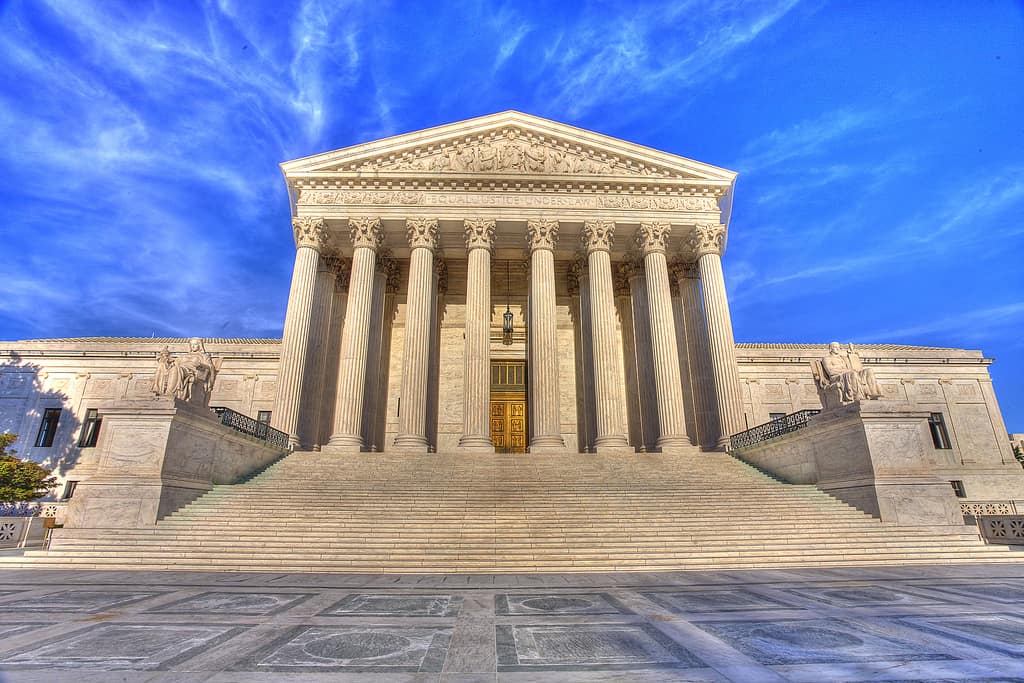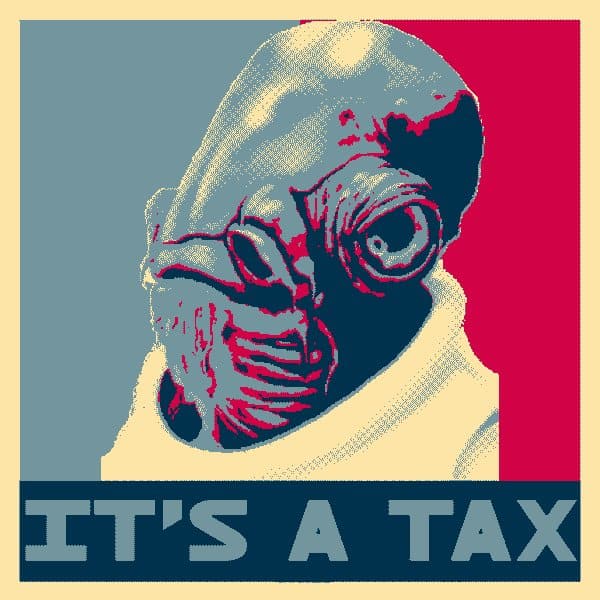The reaction to Thursday’s Supreme Court ruling on health care was fairly predictable.
Democrats said it’s not a win for them but for the people of this country. Republicans claimed we can no longer depend on the Supreme Court for fair decisions.
It wouldn’t have been hard to imagine the headlines if the mandate had been struck down either. Republicans would have been the ones saying it’s not a win for them but for the people of this country. Democrats would have claimed that we could no longer depend on the Supreme Court for fair decisions.
Isn’t it funny that when somebody agrees with us they are fair and right-minded, and when they disagree with us they are lost and undependable? And by funny, I mean sad.
***
Our country’s newspapers of record have done an excellent job of accurately reporting on both the decision and its implications. In situations like these you can’t go wrong with SCOTUSblog’s In Plain English. Amy Howe writes there that
[Chief Justice Roberts] acknowledged that the mandate (and its accompanying penalty) is primarily intended to get people to buy insurance, rather than to raise money, but it is, he explained, still a tax. If someone who does not want to buy health insurance is willing to pay the tax, that’s the end of the matter; the government cannot do anything else.
An underreported aspect of the story are the millions of Americans who weren’t on the edge of their seats for ideological reasons, but because they literally felt their lives hanging in the balance. This article from the Daily Herald provides a little insight into the mix of personal reactions.
Many religious groups had reactions as well, but I find it disappointing how “religious groups” seem more conversant in political principles than in the values drawn from their faith traditions (and that goes for both sides of the debate).
The religious group I was perhaps most interested in hearing from, the Catholic Bishops, explained how Catholic values lead it to neither oppose the law entirely nor stop working to improve it:
For nearly a century, the Catholic bishops of the United States have been and continue to be consistent advocates for comprehensive health care reform to ensure access to life-affirming health care for all, especially the poorest and the most vulnerable…
Following enactment of ACA, the U.S. Conference of Catholic Bishops (USCCB) has not joined in efforts to repeal the law in its entirety, and we do not do so today. The decision of the Supreme Court neither diminishes the moral imperative to ensure decent health care for all, nor eliminates the need to correct the fundamental flaws described above.
As with any momentous public policy decision people will react variously, often influenced more by whether their side “won” or “lost” than by anything else. But we all have to live in this new policy-world. So when we’re talking about this law in the future I’d like to suggest the following exercise:
- With someone who disagrees with the law consider asking, “What do you find good about it? What values does it advance that you share?”
- With someone who supports the law ask, “What do you think it lacks? Where do you think it goes wrong?”
I argued several months ago that this issue will define the upcoming presidential election. As that election nears, we continue to have the choice of allowing it to draw us into conversation about national values, or of allowing it further divide us along predictable lines.
I know which one I would prefer. What about you?



